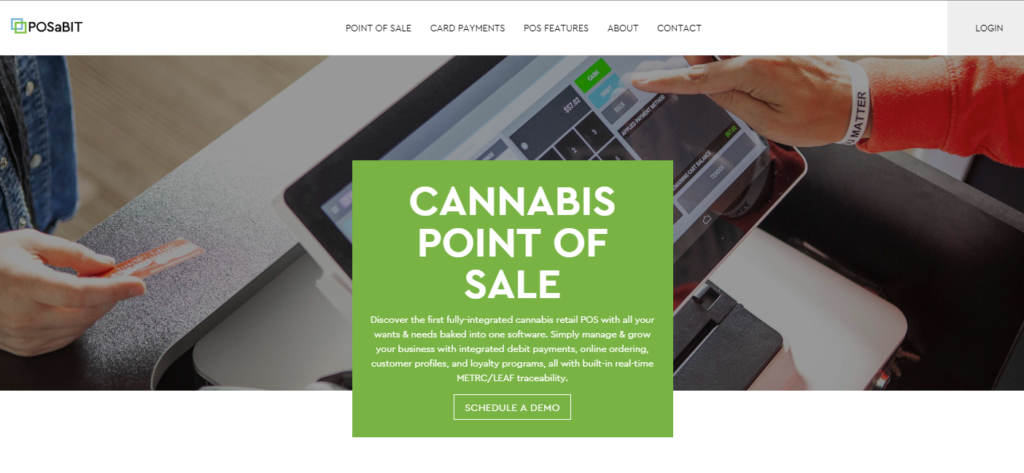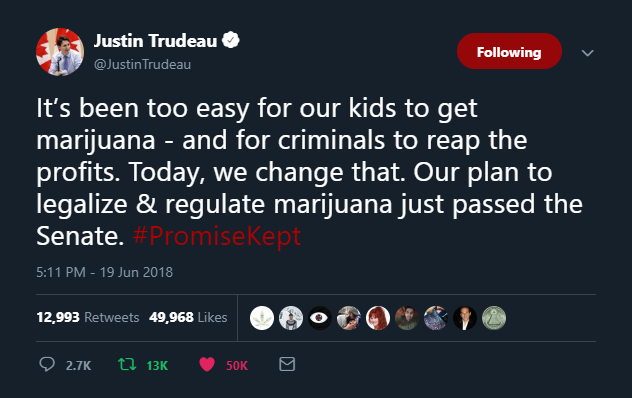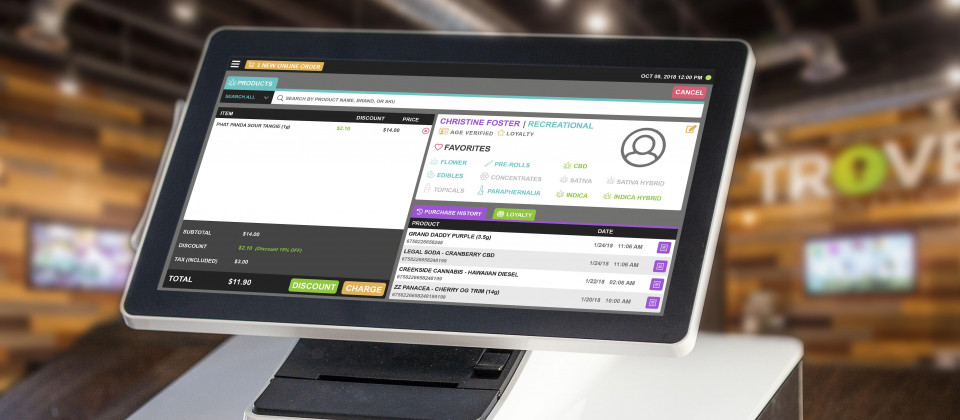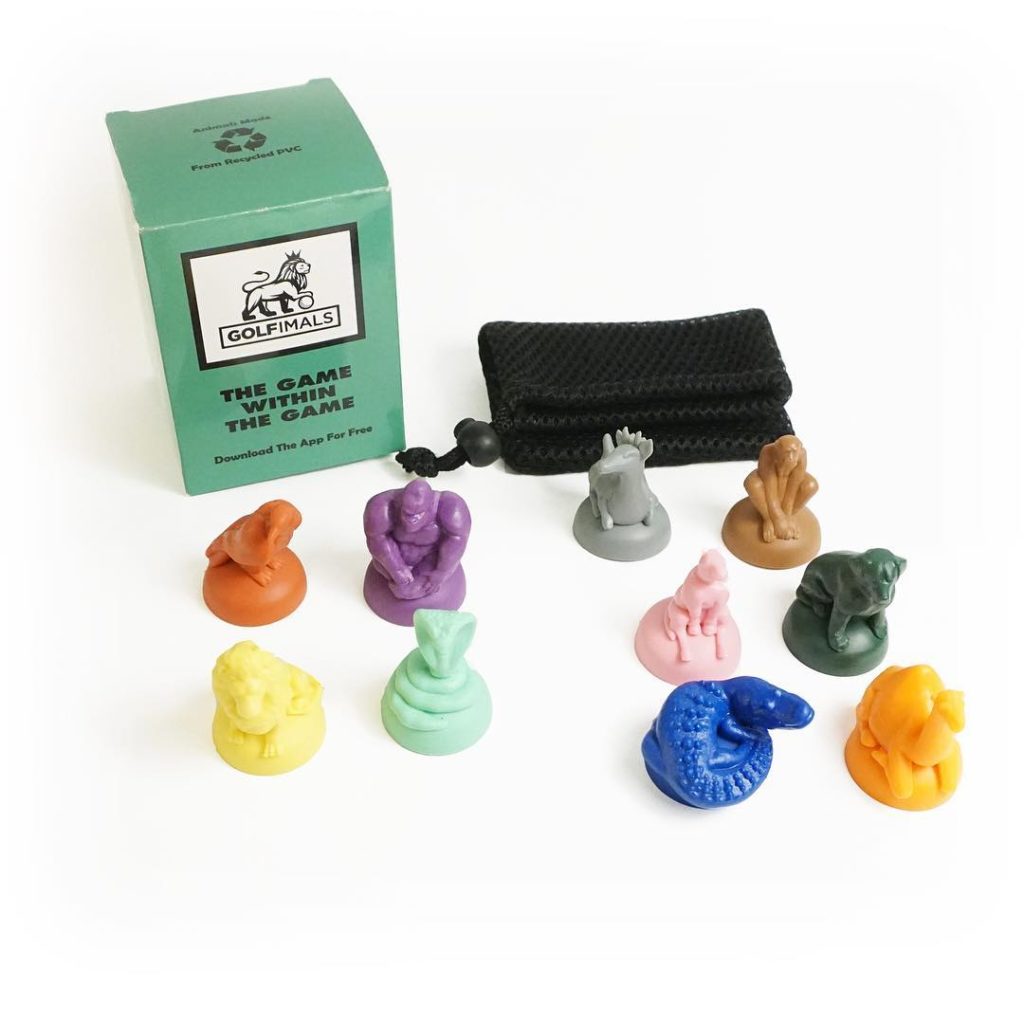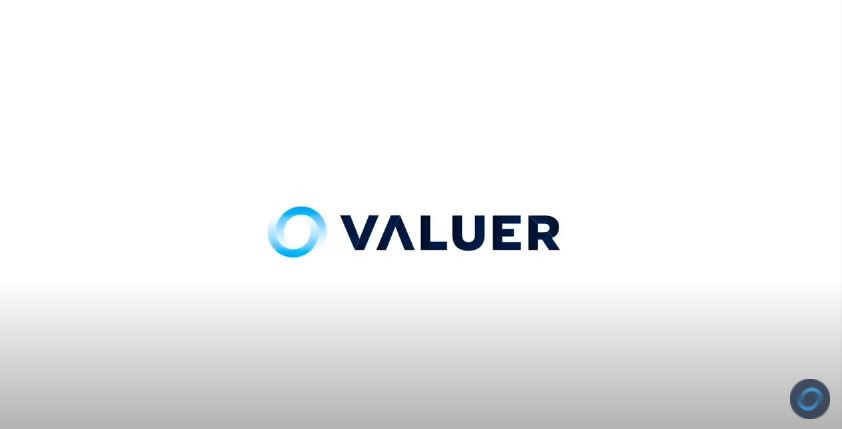
“Our main goal is to matchmake the brightest startups with the right corporation, at the right time.” — Valuer.ai
The global economy is evolving, technology is growing fast, and disruption is inevitable. Every company in this race for survival must seek startups with the talents that can transform their business and give it an edge in the market, and to do this, one place they turn to is startup accelerators.
But, just like these companies, if there’s anything that has plagued startup accelerators and incubators, it’s the fact that it’s becoming increasingly easy to waste time, energy, and finances finding and coaching a startup that only ends up failing. Remember ScaleFactor and Goko?
Today, there are countless startups popping up across the world at alarming rates. These startups are pouring in so fast that it’s becoming challenging for business incubators and accelerators to identify truly promising startups from the flood of fragile ones out there.
And that’s where Valuer.ai comes in. Valuer is a powerful startup intelligence platform that allows investors, enterprises, and corporations to connect with unique high-performing startups to boost their growth and innovation.
Valuer’s AI-powered platform has been a game-changer for corporations trying to recruit startups into their innovation labs. It also helps accelerators consistently identify unique startups to include in their next round of accelerator programs.
But that’s not all, Valuer.ai is a key element that has helped countless angel investors find startups that embody striking opportunities in a niche that interests them.
Valuer’s Mission in a Flooded Startup Economy
Courtesy: Pexels
“The world does not lack ideas; the world needs to know where those ideas are, and what they can be used for.” – CEO of Valuer, Dennis Juul Poulsen
With over 407 million entrepreneurs and 305 million startups created every year, big businesses are anxious to innovate and develop in order to remain relevant in our ever-evolving economy.
And to help businesses achieve this goal, Valuer aims to make it easier for corporate companies and accelerators to find, access, and connect with promising startups.
Valuer.ai does that by leveraging its expertise in the startup sector and engaging its massive database of 650,000 startups.
Companies relying on Valuer.ai get a monthly analysis of a select number of startups that’d be perfect for future innovation, cooperation, and investment.
Valuer.ai is an excellent tool that has helped several corporations transcend the chaos and identify the best startups that were perfect for their needs.
How Valuer’s Brand Name Reflects its Mission
Courtesy: Pexels
Everyone who’s ever built a successful business understands that setting up a clear mission statement for your company can instantly unite your brand to its target customers.
And once you’ve established your brand’s mission statement, it becomes a lot easier to connect everything your brand does to that singular mission.
Now, when it comes to Valuer, the company doesn’t just promise to connect corporations with the brightest startups; it also incorporates this mission into its brand name — Valuer.
Valuer is a powerful name that doesn’t just communicate what the company does, evaluating startups, but also instantly communicates the brand’s mission to its customers, which is helping them find valuable startups.
One look at the name and investors, business incubators, and accelerators get an instant understanding of what the brand can help them achieve, how it can help them save time, energy, and of course, finances.
Valuer is the perfect name for a brand seeking to connect great startups with the best investors, accelerators, and incubators in the market.






